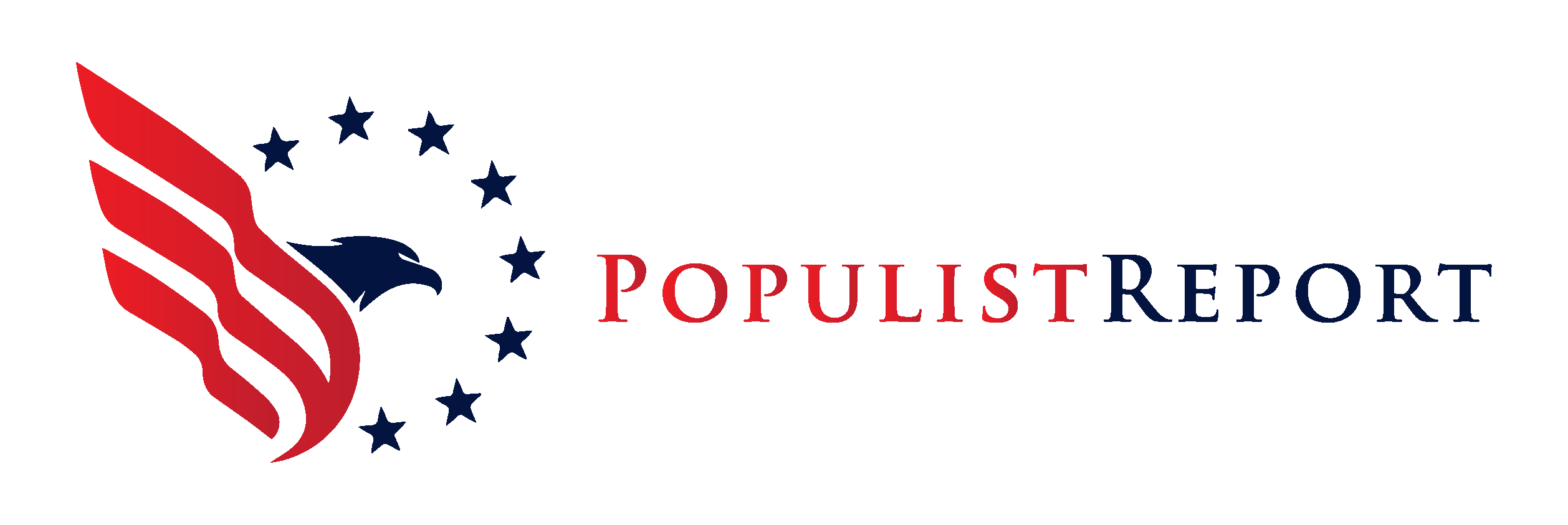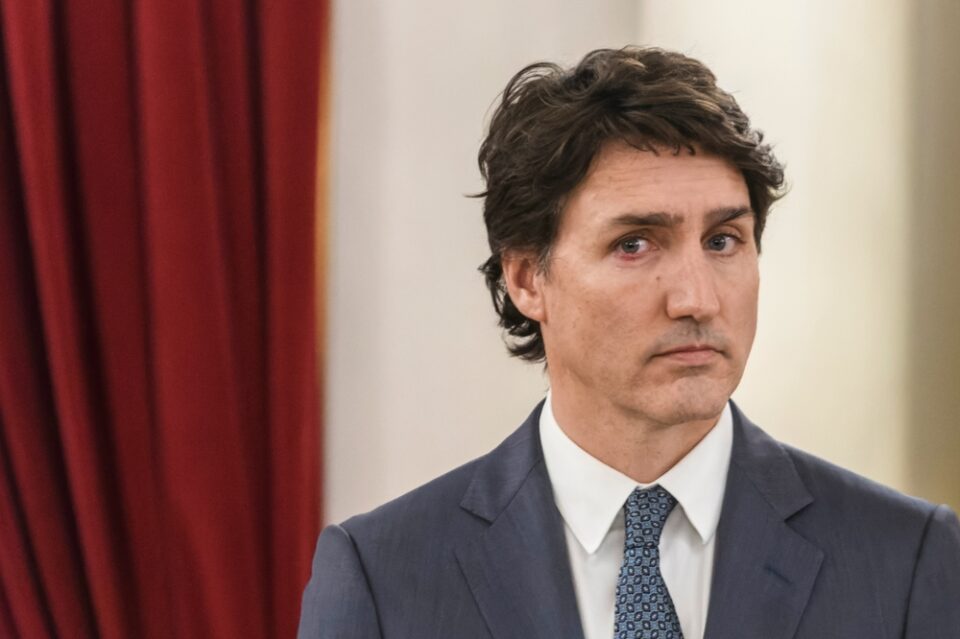Canadian Prime Minister Justin Trudeau announced his decision to step down as both party leader and head of government, citing mounting pressure from within his own Liberal Party and external challenges posed by President-elect Donald Trump. This comes after Trudeau’s handling of the economy and the surging cost of living drew widespread criticism, making his position increasingly untenable. He stated he would remain in office until the Liberal Party selects a new leader through what he described as a “competitive” process. For a leader who once dominated Canada’s political scene, this resignation marks a dramatic downfall.
Trudeau characterized his decision as selfless, claiming it was in the best interest of Canadians to have a “real choice” in the next election. He lamented that internal divisions had made it clear he could no longer effectively lead his party into the future. While his remarks struck a tone of patriotic duty, many skeptics see the timing as a strategic exit to avoid the humiliation of being ousted by his party or facing a no-confidence vote in Parliament. After nearly a decade at the helm, Trudeau appears to be jumping ship before it sinks entirely.
The announcement follows months of declining approval ratings as Canadians have grown increasingly frustrated with skyrocketing inflation and the rising cost of living. What was once a tenure marked by progressive ideals and international charm has devolved into a period of economic stagnation and political infighting. With federal elections looming in October 2025, Trudeau faced the grim reality of either a bruising internal power struggle or the indignity of losing his grip on Parliament through a no-confidence vote. Either option would have likely ended his leadership in failure, making his resignation seem less altruistic and more like a calculated retreat.
Trudeau’s predicament was further exacerbated by the sudden resignation of his finance minister, Chrystia Freeland, one of his closest allies. Freeland’s departure came with a pointed critique of Trudeau’s handling of key economic challenges and a warning about the economic fallout of Trump’s recent threats. Trump, in his usual bold style, announced plans to impose a 25% tariff on Canadian imports, a move Freeland described as potentially catastrophic for Canada’s economy. Her resignation not only highlighted Trudeau’s missteps but also signaled a loss of confidence within his inner circle, leaving his government looking increasingly fragile.
For Trudeau, a leader once celebrated for his progressive vision and diplomatic prowess, this resignation represents a steep fall from grace. His legacy, now overshadowed by economic mismanagement and internal party fractures, contrasts sharply with the optimism that marked his early years in office. As Canada braces for new leadership, the Liberal Party faces an uphill battle to recover from the divisions exposed during Trudeau’s tenure. Meanwhile, with Trump’s administration poised to take a hardline stance, the country’s future path remains uncertain. Trudeau may be stepping away on his own terms, but the consequences of his leadership are likely to echo long after he exits the political stage.

